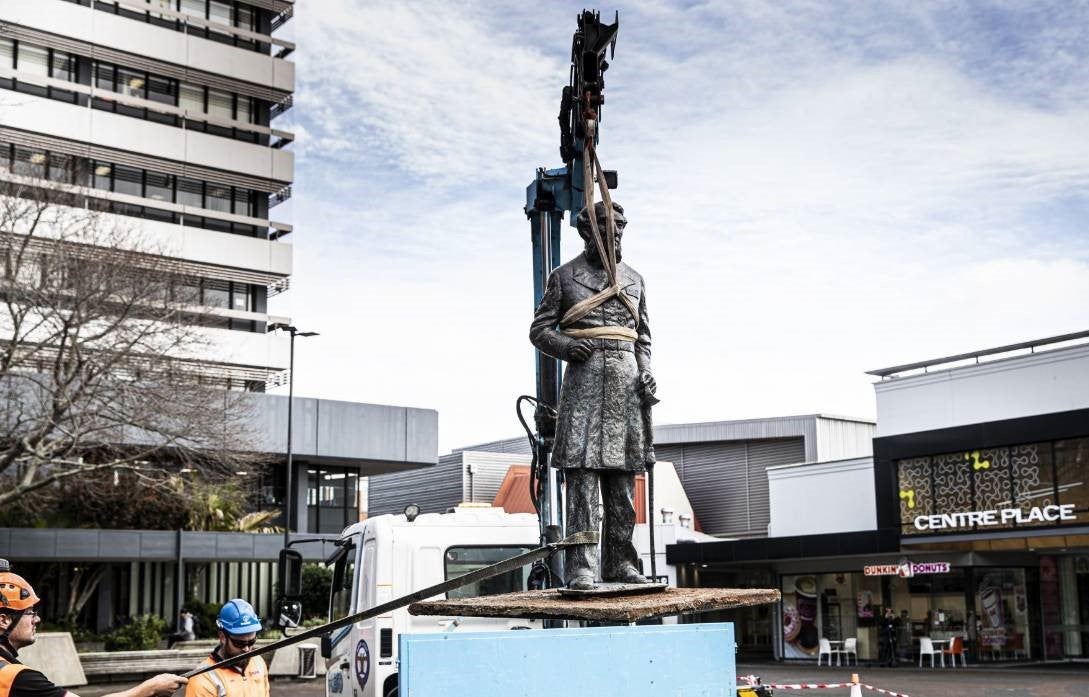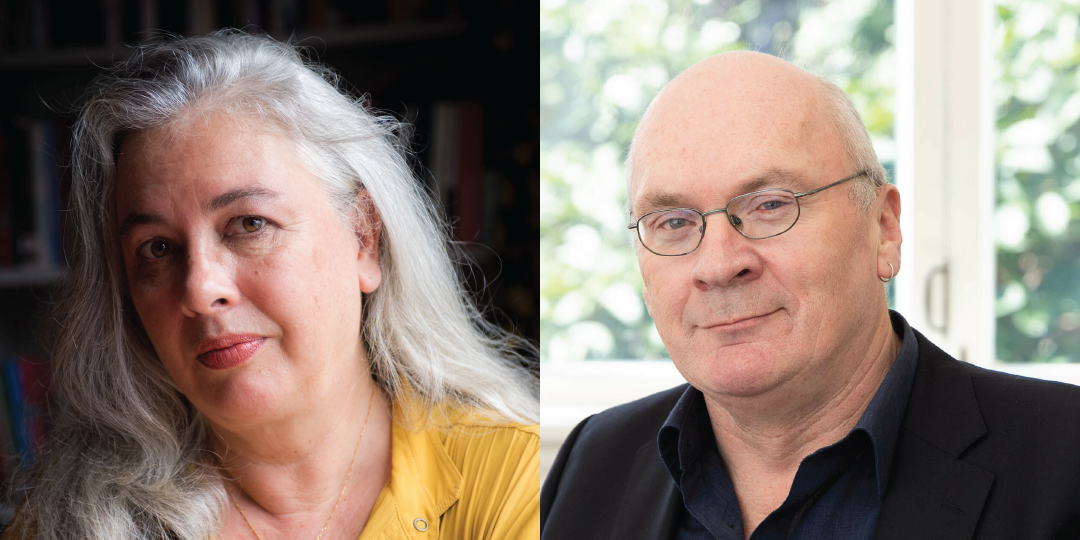Contested Pasts: Remembering and Forgetting Colonial Violence in Aotearoa / New Zealand
October 9, 2023 at 12:00 PM Pacific Time
Indigenous Peoples’ Day
Join us on Zoom
An online lecture by Professor Joanna Kidman (Victoria University of Wellington, Indigenous Sociology) and Dr. Vincent O’Malley (Founding Partner, HistoryWorks)
Organized by the USC Dornsife Center for Advanced Genocide Research
The nineteenth century New Zealand Wars were a series of violent collisions between the British and colonial military and Indigenous Māori communities that forever changed the course of the nation’s history. Thousands were killed or maimed in these conflicts, over two-thirds of them Māori, at rates that in some areas eclipsed, in relative terms, the huge losses suffered by New Zealand troops during World War One. Māori who survived the British and colonial military onslaught found their lands stripped from them in punishment for acts of so-called ‘rebellion’ and future generations were condemned to lives of poverty, their once flourishing economies destroyed. Newly emboldened settler governments meanwhile no longer felt obliged even to pay lip-service to its promises made to Māori in the 1840 Treaty of Waitangi. A much harsher approach towards colonisation was adopted as a direct result.
The legacy of these wars profoundly affects Indigenous lives today, as evidenced by the dire socio-economic statistics for Māori communities and the imperiled state of te reo Māori (the Māori language). Yet, colonial violence and its encroachment in Māori lifeworlds over time is remembered unevenly by different groups. New Zealand’s difficult colonial history and the complicated, entangled relations between Māori, Pākehā settlers and the state are characterised as much by collective amnesia and hotly contested versions of historic events as by public commemoration.
Drawing on historical and sociological perspectives, we explore how Māori communities invaded by British and colonial forces remember this tragic history and how their stories are transmitted across generations; and, we consider how shifting Māori tribal memories and settler amnesia or denial about this difficult past permeates people’s everyday lives in the present. We argue that it is only through an open and honest reckoning with this brutal history that healing can begin.
Register Here
Joanna Kidman is an Indigenous Māori scholar affiliated with the Ngāti Maniapoto, Ngāti Raukawa and Ngāti Toa Rangatira tribes of Aotearoa New Zealand. She is Professor of Indigenous Sociology at Victoria University of Wellington and Co-Director of He Whenua Taurikura: The National Centre of Research Excellence for Countering and Preventing Violent Extremism. Her anti-racism research focuses on the politics of indigeneity in settler nations and the rise of white identity extremist movements. With Vincent O’Malley, she is co-leader of a major research project, funded by the Royal Society of New Zealand, into how the nineteenth century New Zealand Wars have helped shape memory, identity and history.
Vincent O’Malley is the author of many acclaimed works on New Zealand history, including The Great War for New Zealand: Waikato 1800-2000 (2016) and The New Zealand Wars/Ngā Pakanga o Aotearoa (2019). In 2022 his book Voices from the New Zealand Wars/He Reo nō ngā Pakanga o Aotearoa won the prize for best work of general non-fiction pubished in New Zealand. In the same year he received the Prime Minister’s Award for Literary Achievement in Non-Fiction. He is a founding partner of HistoryWorks, a group of historians specialising in Treaty of Waitangi research.
Image Description: The removal of a bronze statue of Captain Hamilton from the Hamilton Civic Square in the Waikato region of New Zealand.
Discover more about the Center’s events here
Sign up for the Center’s newsletter to be notified about upcoming events
Visit the Center’s YouTube channel to explore our video library of events (and subscribe!)

